Is This AI Tool Accurate Enough to Predict Your Death? Artificial intelligence death calculator
The concept of predicting someone’s lifespan has interested scientists, doctors, and philosophers for centuries. Today, improvements in artificial intelligence (AI) have made it viable to research complicated styles and predict numerous health-related effects. One rising trend is the development of the artificial intelligence loss of life calculator, a device that estimates the closing years of someone’s existence by reading health records, lifestyle, genetics, and more.
The question remains: Is this AI device accurate sufficient to predict your death? In this newsletter, we are able to explore the technology at the back of these AI tools, the accuracy of their predictions, moral concerns, and the future potential for AI-driven mortality estimations.
Understanding the Artificial Intelligence Death Calculator
An artificial intelligence death calculator leverages machine getting to know fashions and algorithms to make predictions approximately a person’s lifespan. By analyzing a number of data points—consisting of genetic markers, lifestyle choices, scientific records, and environmental elements—AI can generate an estimate of when a person may pass away. Although those predictions aren’t precise, they offer precious insights into one’s ordinary health and longevity.
These AI gear are constructed on enormous datasets that include medical statistics, genetic research, and research associated with way of life factors. When blended, those statistics factors form a statistical basis that the AI makes use of to make lifespan predictions. While they can not assure accuracy, such gear can offer estimates that assist individuals better recognize their health dangers.
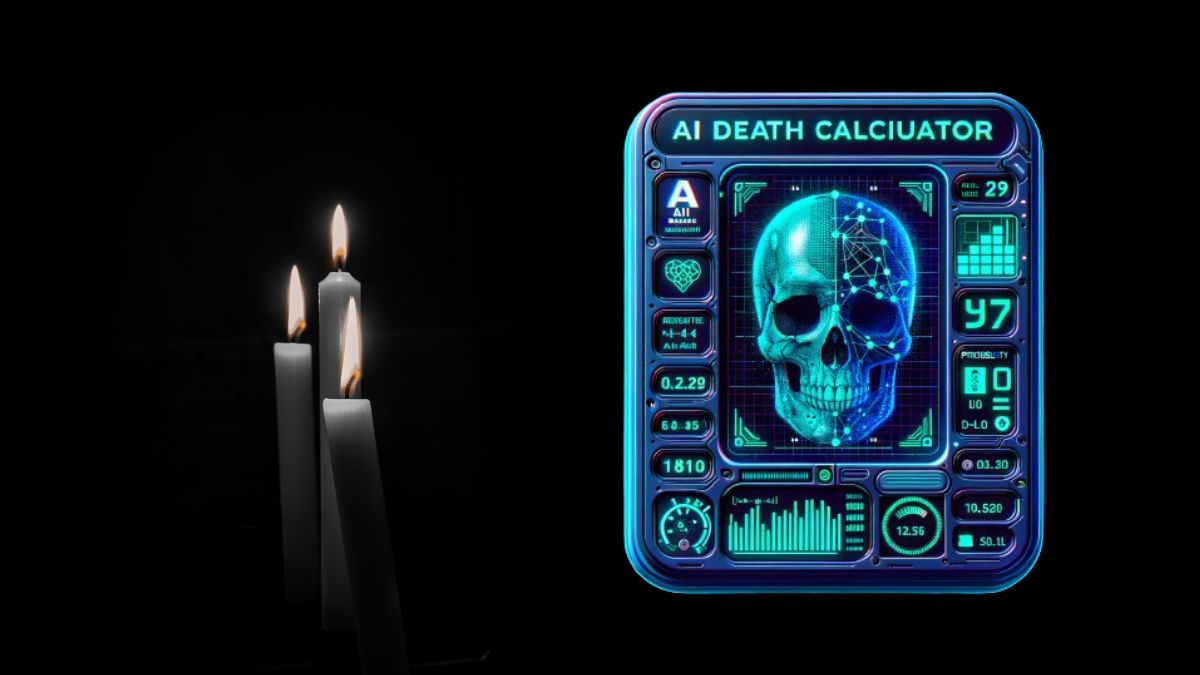
How Does the Artificial Intelligence Death Calculator Work?
The synthetic intelligence demise calculator operates by way of assessing and interpreting an character’s health-related statistics via gadget getting to know fashions. Here’s how the process usually works:
- Data Collection: To make predictions, the AI tool requires comprehensive information from customers. This may include demographic records (age, gender, ethnicity), scientific history (pre-existing situations, surgeries, medicines), way of life elements (smoking, alcohol intake, exercising), and environmental impacts (air first-rate, publicity to pollution).
- Machine Learning Models: Once facts is amassed, system learning algorithms analyze the facts. Models are skilled on extensive datasets from previous studies, often containing tens of millions of information factors related to fitness and mortality.
- Risk Factor Analysis: The AI identifies patterns and danger factors within the data which can have an effect on lifespan. For example, sure conduct like smoking or loss of workout are related to shorter existence expectancy, whereas a wholesome eating regimen and ordinary exercising can also extend lifespan.
- Predictive Analytics: By evaluating the character’s statistics with statistical patterns, the AI calculates an estimated lifespan. It’s essential to be aware that this is a probabilistic prediction, meaning it presents a selection or likelihood instead of an genuine date.
While the artificial intelligence demise calculator is grounded in scientific facts, the predictions are probabilistic, no longer deterministic. In different phrases, it gives an estimate based on chance, not actuality.
Factors That Influence AI’s Mortality Predictions
Several factors play a position inside the predictions made by using an artificial intelligence dying calculator. Understanding those variables enables spotlight the strengths and boundaries of AI-driven mortality predictions.
- Genetic Makeup: Genetics performs a important role in figuring out lifestyles expectancy. Some AI gear contain genetic data, such as own family history of sicknesses like coronary heart ailment, cancer, or Alzheimer’s. However, genetics by myself can not provide a whole photograph.
- Lifestyle Choices: AI calculators don’t forget life-style factors along with eating regimen, bodily hobby, alcohol intake, and smoking conduct. These elements are a number of the most influential in determining lifespan, as they at once effect fitness.
- Medical History: Pre-present conditions and chronic diseases are crucial factors that affect longevity. AI can analyze medical history to apprehend how health troubles may progress, impacting lifestyles expectancy.
- Environmental and Socioeconomic Factors: Where someone lives and their socioeconomic reputation can also have an impact on their health. Access to healthcare, education degree, and exposure to pollution or pollutants all contribute to the sturdiness predictions.
By reading those factors in tandem, the synthetic intelligence death calculator can offer an estimate. However, considering the fact that those elements are regularly dynamic and trade over time, the accuracy of such predictions is still a topic of debate.

Can the Artificial Intelligence Death Calculator Truly Predict Death?
Despite improvements in AI era, predicting an man or woman’s loss of life as it should be stays a assignment. While an synthetic intelligence death calculator can offer estimates based totally on chances, it can’t account for each variable. Unexpected activities, personal picks, and unforeseen fitness problems play full-size roles in determining lifespan, which AI can’t are expecting with certainty.
- Probabilistic Nature: AI predictions are based on opportunity. The calculator presents an estimate of how lengthy an individual would possibly live, but this have to now not be taken as an absolute prediction.
- Dynamic Variables: Human existence is inspired by way of endless variables, many of which change through the years. Health reputation, way of life adjustments, improvements in medicinal drug, and new treatments can impact an man or woman’s existence expectancy.
- Scientific Limitations: The algorithms are limited with the aid of the facts they are educated on. If the AI version lacks various information or consists of biases, its predictions may not be as accurate or relevant to every man or woman.
The artificial intelligence dying calculator can be a useful device for highlighting fitness dangers and prompting preventive measures, but it have to be used with caution and considered as a general manual as opposed to an infallible forecast.
Ethical Considerations Surrounding artificial intelligence death calculator
The rise of the artificial intelligence death calculator has brought about discussions around ethics, privateness, and the results of imparting individuals with mortality estimates. Here are a few crucial moral issues surrounding those tools:
- Mental and Emotional Impact: Knowing an estimated lifespan can be unsettling. For some, receiving an approximate prediction in their loss of life might also cause tension, melancholy, or fatalistic behaviors.
- Privacy Concerns: Using an AI calculator involves sharing sensitive personal statistics. There are issues approximately how this records is stored, who has get admission to to it, and how it’s miles used.
- Accuracy and Responsibility: AI-driven predictions of dying could have consequences if taken too actually. For instance, individuals can also make drastic choices primarily based on an estimate. Ensuring transparency in how the AI arrives at predictions is essential for users.
- Access to Life Insurance and Healthcare: There is issue that such AI tools may have an impact on get right of entry to to insurance or healthcare. If businesses begin counting on these predictions, it may lead to unfair guidelines and discrimination.
While these ethical considerations don’t negate the potential blessings of AI-driven mortality predictions, they highlight the need for cautious handling and law of such technology.
Practical Applications and Benefits of AI Death Calculators
While the idea of predicting one’s demise might also appear unsettling, the artificial intelligence loss of life calculator will have precious packages, specially in healthcare.
- Preventive Health Planning: By offering estimates of lifespan, AI tools inspire customers to undertake healthier existence, lessen dangerous behavior, and interact in preventive healthcare measures.
- Healthcare Resource Allocation: Hospitals and healthcare systems can use AI-based totally predictions to control assets successfully, specifically for patients with continual conditions who can also require long-time period care.
- Personalized Health Recommendations: The calculator can recommend lifestyle modifications, dietary adjustments, and fitness plans tailor-made to character fitness risks, permitting users to take proactive steps.
- Encouraging Family Conversations: Mortality predictions can provoke important conversations amongst own family individuals, helping them plan for the destiny in a supportive and knowledgeable manner.
While those applications are promising, it is important to method the artificial intelligence dying calculator as a manual as opposed to an absolute predictor.
Limitations of AI in Predicting Mortality
Despite its capacity, the synthetic intelligence dying calculator has inherent barriers that should be taken into consideration:
- Lack of Complete Data: AI fashions are handiest as desirable because the statistics they’re trained on. The calculator might not remember all health situations or life-style factors, specifically in the event that they’re particular to the character.
- Changing Health and Lifestyle Factors: Lifestyle modifications, clinical improvements, and unexpected health issues have an effect on existence expectancy. Since those factors are dynamic, predictions might also trade over the years.
- Emotional Consequences: Receiving a mortality prediction can lead to emotional distress. People may additionally warfare with the consequences of understanding an predicted lifespan, affecting their mental fitness.
- Cultural Sensitivities: The idea of predicting demise is probably taboo or ethically difficult in certain cultures or belief structures, proscribing its recognition in diverse groups.
Understanding these barriers is important for all of us considering the use of an synthetic intelligence demise calculator as part of their health making plans.
The Future of Artificial Intelligence in Health Prediction
As technology advances, the potential of AI in fitness prediction will continue to grow. Future AI gear may additionally integrate even greater complex facts, which include actual-time health monitoring from wearable devices, to offer dynamic predictions.
Advances in machine gaining knowledge of may additionally improve the artificial intelligence death calculator’s accuracy and provide extra customized health insights. Additionally, ethical tips and requirements will probable evolve, ensuring that those equipment are used responsibly and ethically.
In the future, AI-powered fitness prediction may also extend past dying estimates, providing specific insights into aging, disease danger, and health improvements. As AI generation matures, the sphere of predictive fitness will in all likelihood end up more reliable and beneficial for users global.
Conclusion
The synthetic intelligence loss of life calculator represents a captivating and complex intersection of technology, health, and mortality. While it holds promise for health insights and preventive measures, customers need to approach it with warning, recognizing its probabilistic nature and boundaries. AI-pushed mortality predictions can function a beneficial manual however must never replace professional medical recommendation or instill undue fear.
Ultimately, the artificial intelligence death calculator’s cost lies now not







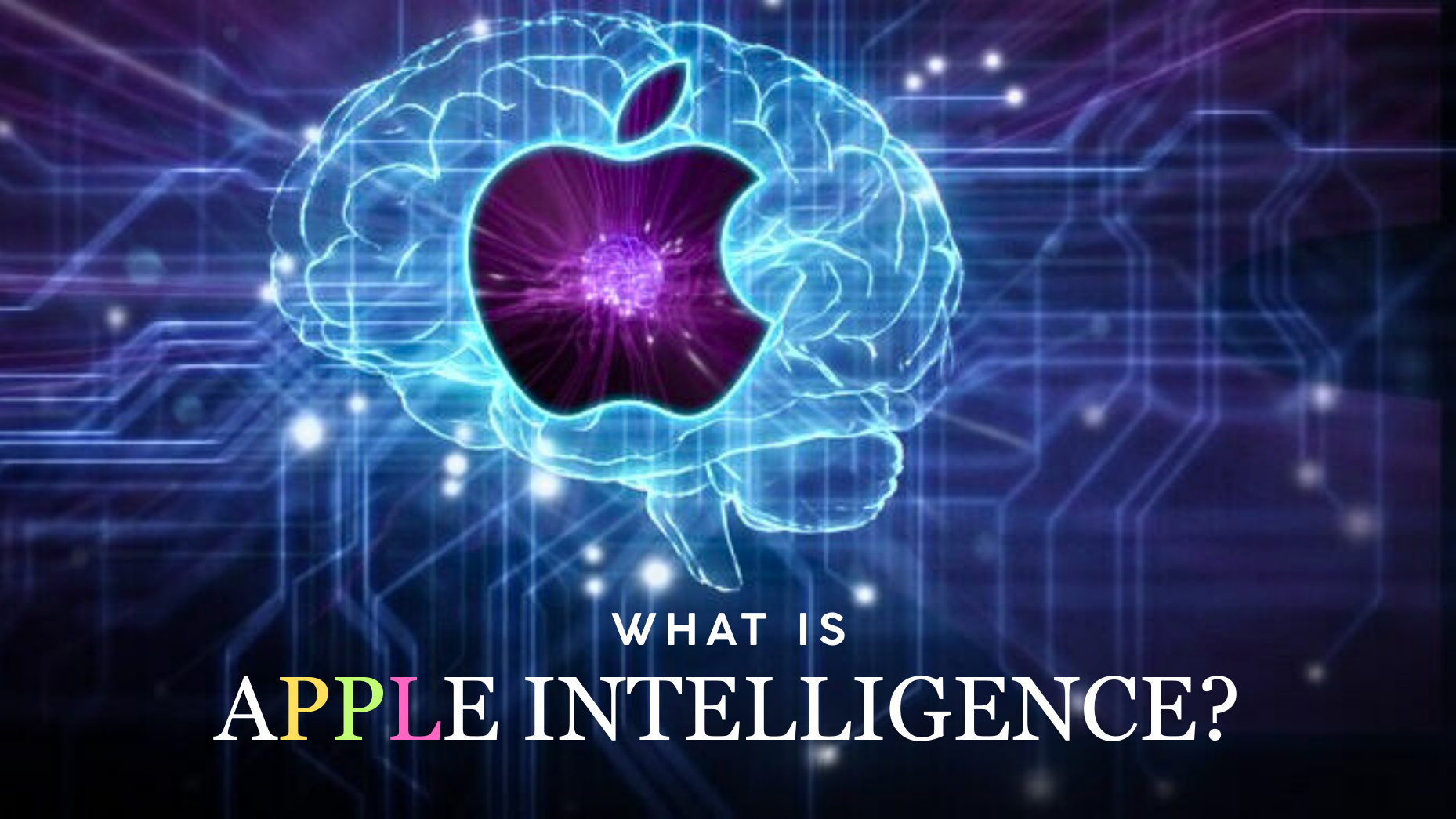
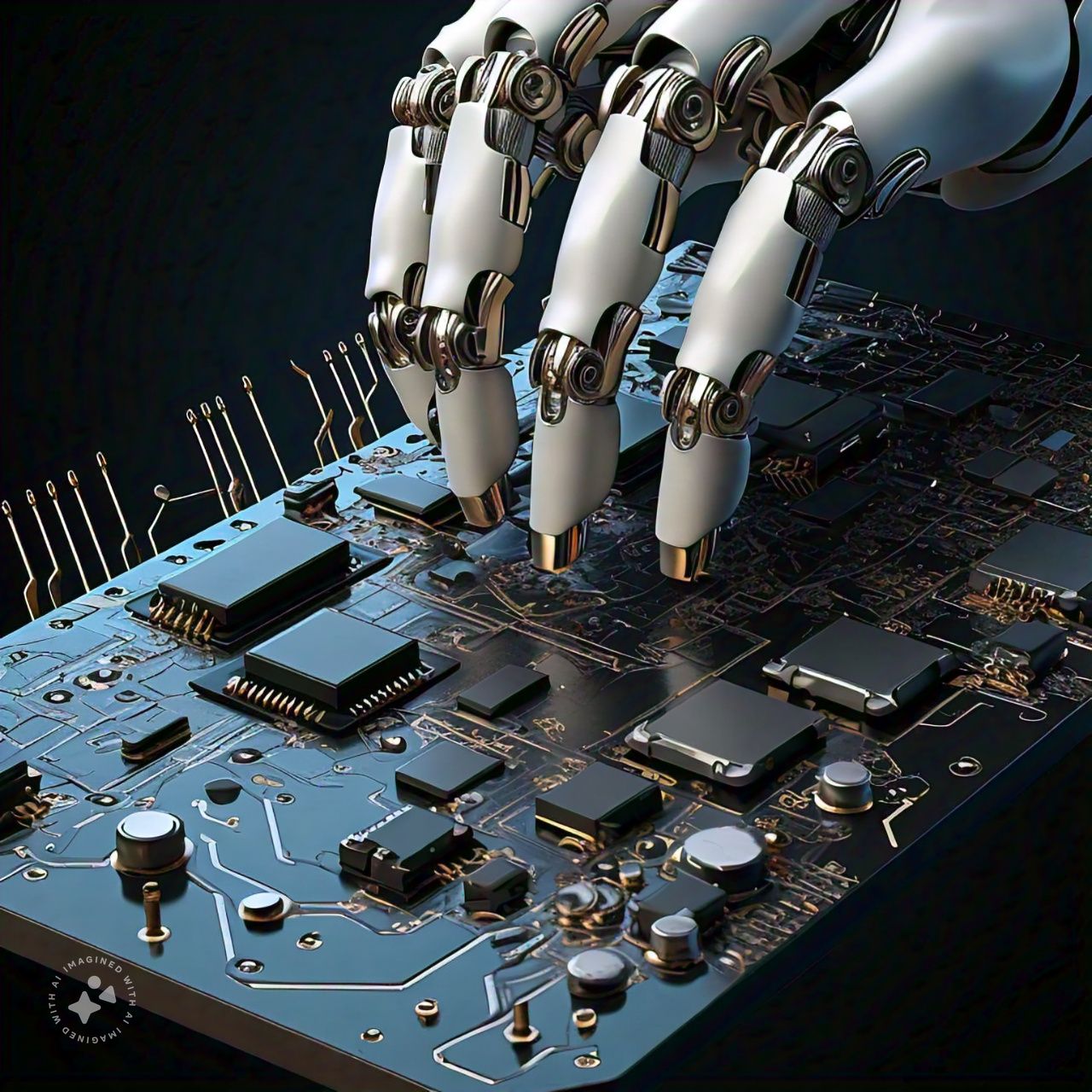
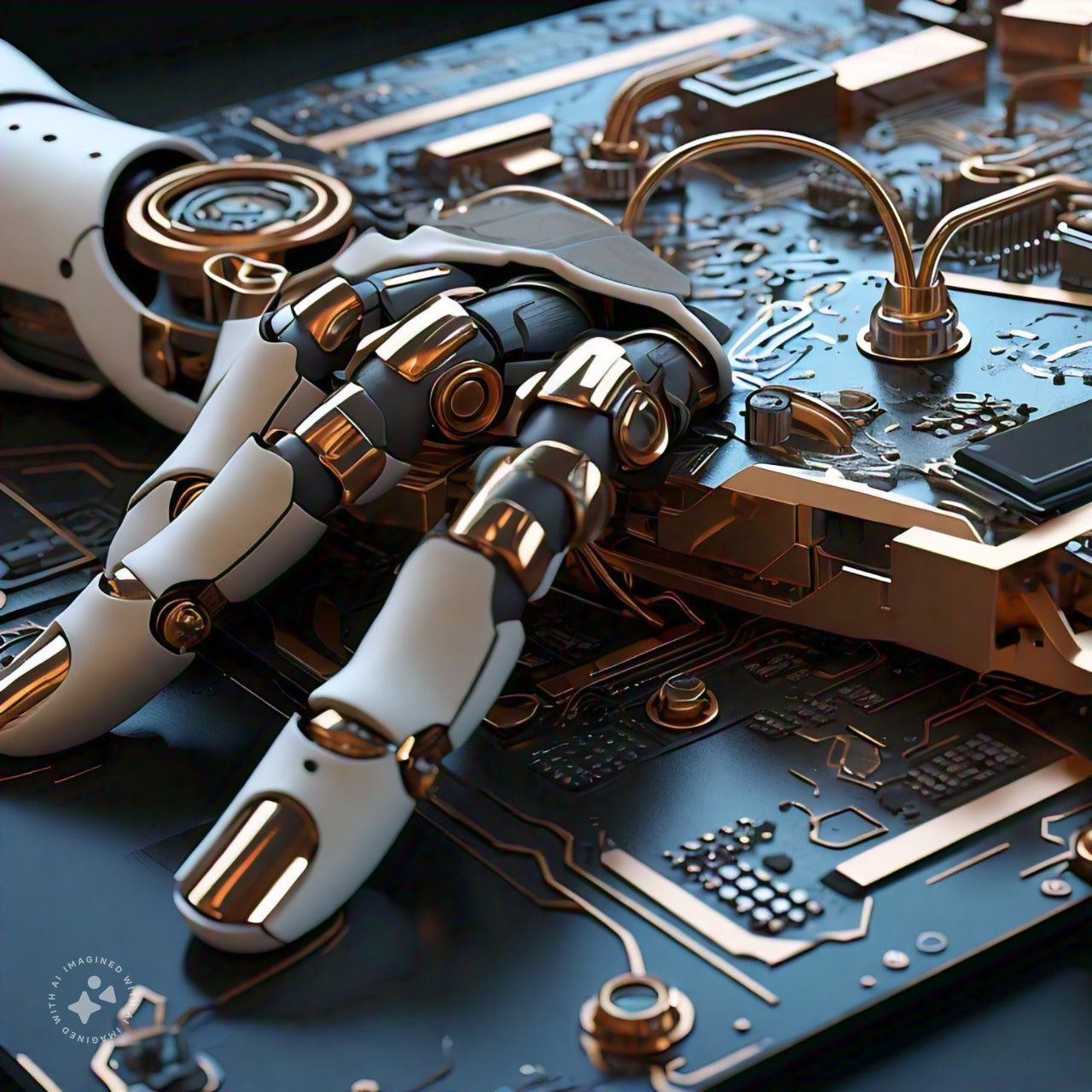
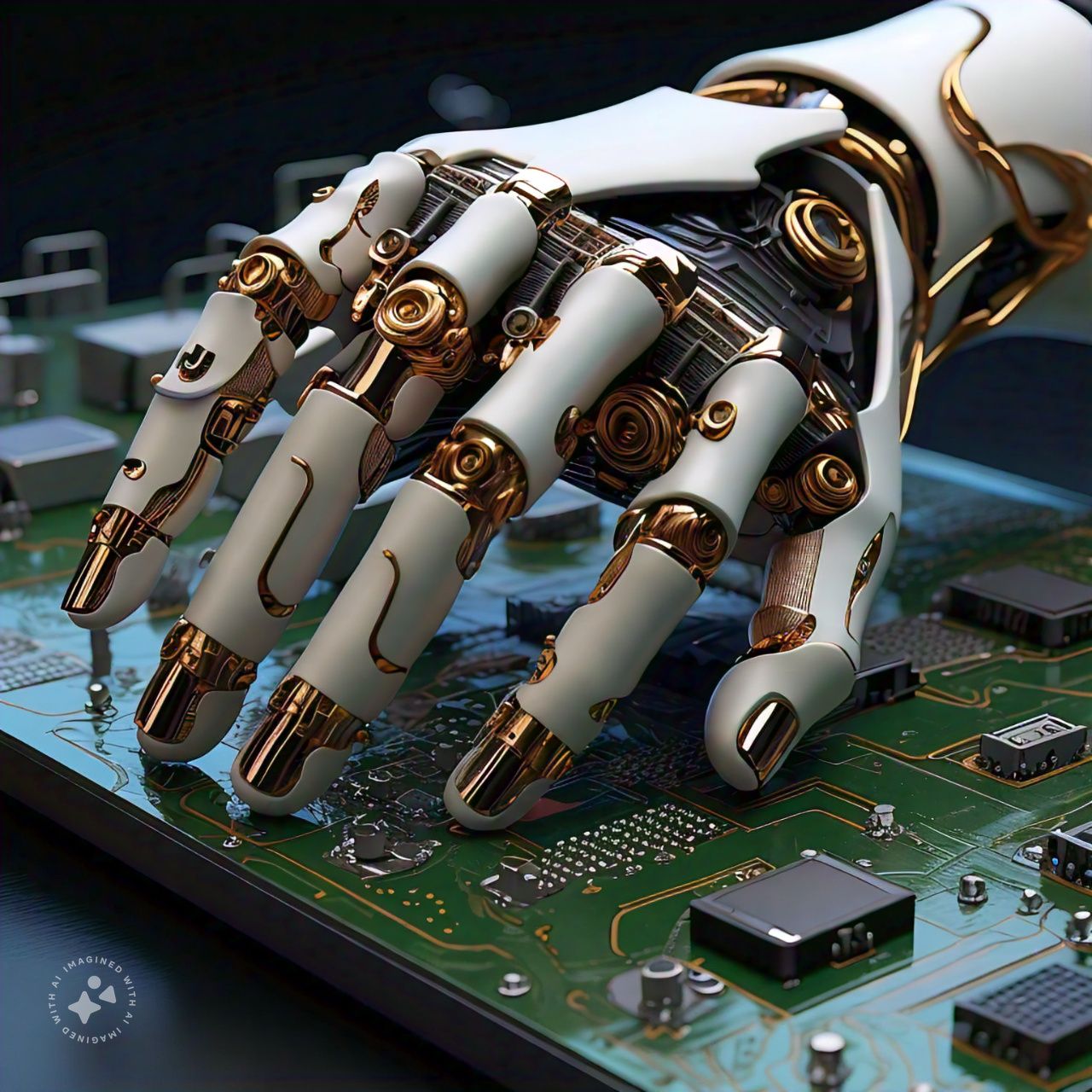

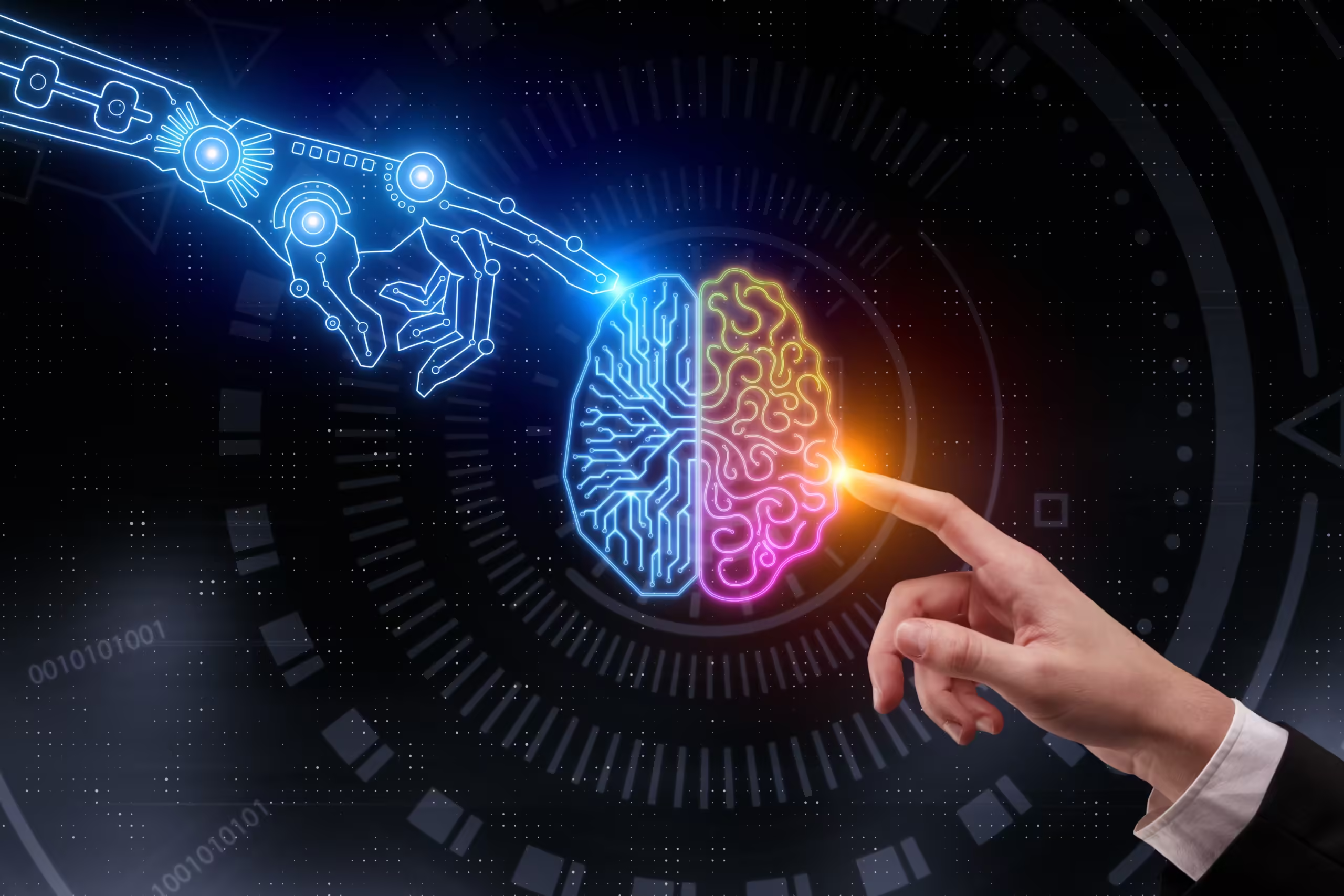
Leave a Reply